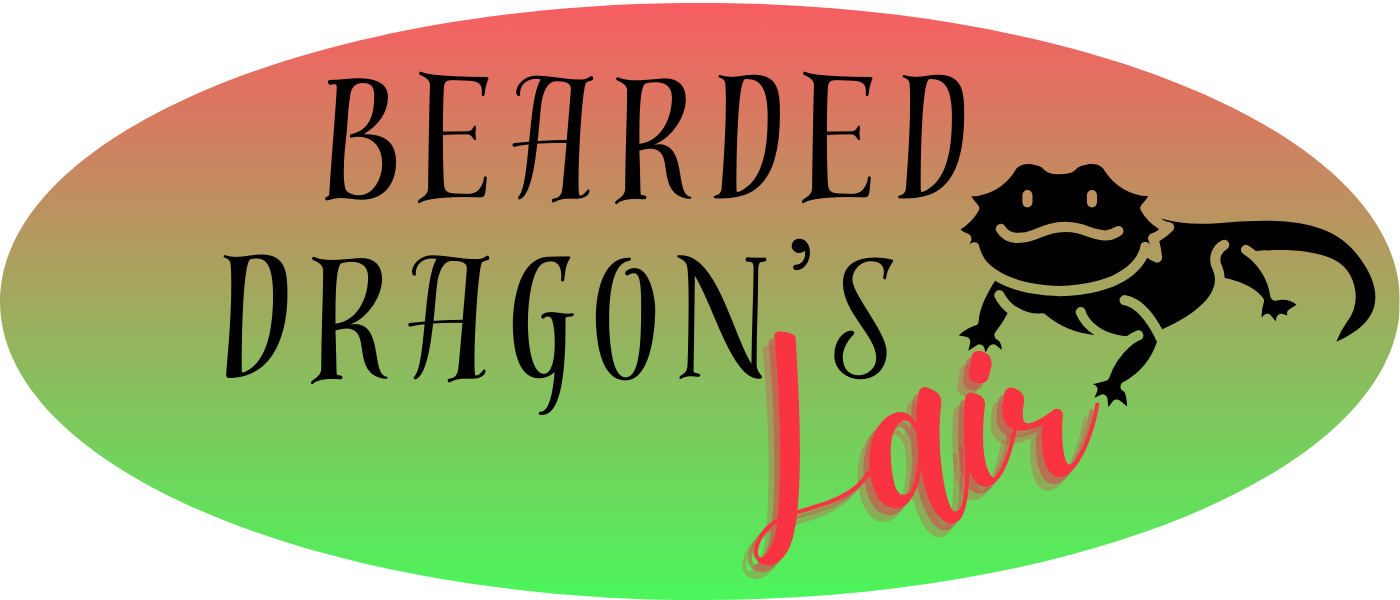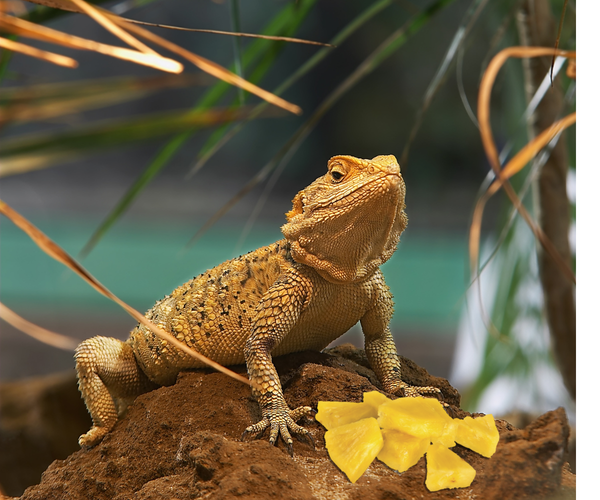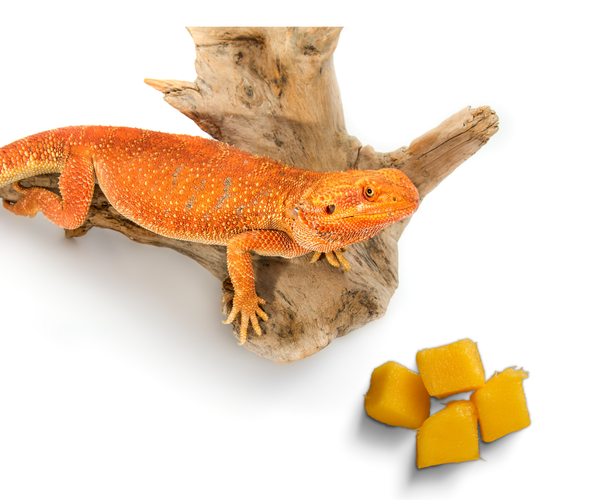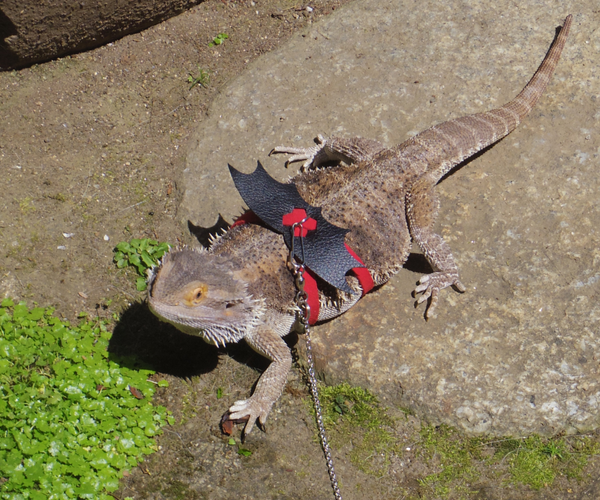Do Bearded Dragons Bite?
Bearded dragons can bite, but it is relatively rare and usually happens when they feel threatened or are mishandled.
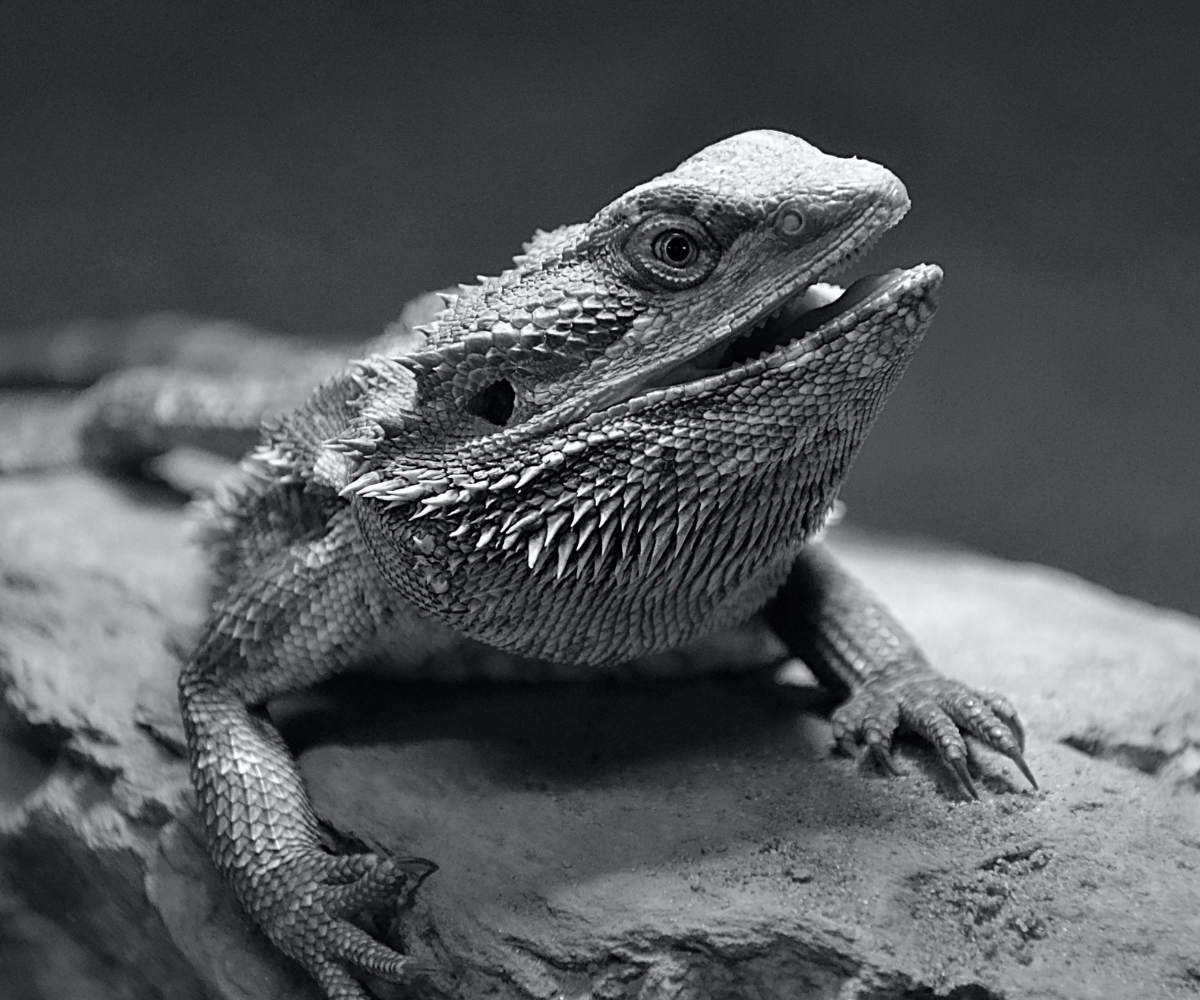
Bearded dragons are popular pets known for their docile nature and unique appearance. However, like any animal, they have the potential to bite. This comprehensive guide will explore the behavior of bearded dragons, focusing on their biting habits, and what you can do to prevent it.
Key Takeaways:
- Bearded dragons can bite, but it is relatively rare and usually happens when they feel threatened or are mishandled.
- Understanding the body language and stress signals of bearded dragons can help prevent bites.
- Proper handling and socialization from a young age can reduce the likelihood of biting behavior.
What Triggers a Bearded Dragon to Bite?
Bearded dragons are generally calm creatures, but certain situations can trigger a bite. Stress, fear, or discomfort can lead to defensive behavior, including biting. It's crucial to recognize the signs that your bearded dragon is feeling threatened, such as hissing, puffing up their beard, or flattening their body. If you notice these behaviors, it's best to give your pet some space.
Another common reason for biting is mistaking fingers for food, especially during feeding times. To avoid this, use feeding tongs or place the food directly into their bowl rather than hand-feeding.
How to Handle Your Bearded Dragon Safely
Handling your bearded dragon properly is essential to prevent bites. Always approach your pet calmly and from the side rather than from above, as this can be perceived as a threat. Support their body fully, allowing them to feel secure. With regular, gentle handling, your bearded dragon will become accustomed to human interaction and less likely to bite.
It's also important to avoid sudden movements that might startle your pet. Bearded dragons need time to recognize you as a friend, not a foe. Consistent, patient handling will build trust between you and your dragon.
The Anatomy of a Bearded Dragon's Bite
Understanding the anatomy of a bearded dragon's bite can help you gauge the potential impact. While their teeth are designed primarily for crushing insects, they can still deliver a painful bite to humans. The bite force of a bearded dragon is not strong enough to cause serious damage, but it can break the skin and cause discomfort.
Bearded dragons have a row of small, sharp teeth that can inflict a superficial puncture. However, they do not have the jaw strength of larger reptiles, like monitors or iguanas, so their bites are less severe.
Signs of Aggression in Bearded Dragons
Recognizing aggression in bearded dragons is key to avoiding bites. Aggressive behavior may include head bobbing, arm waving, and mouth gaping. These behaviors are often accompanied by a darkened beard, which indicates your pet is feeling territorial or threatened.
If your bearded dragon is displaying these signs, it's best to back off and give them some time to calm down. Trying to handle an agitated bearded dragon increases the risk of being bitten.
Socialization and Training to Prevent Biting
Socializing your bearded dragon from a young age can significantly reduce the likelihood of biting. Regular, gentle interaction helps them become comfortable with human presence. Training your bearded dragon with positive reinforcement, such as offering treats after handling, can also encourage good behavior.
Remember that each bearded dragon has its own personality. Some may take to socialization quickly, while others require more patience and time to adjust to being handled.
Health Issues That May Cause Biting
Sometimes, a bearded dragon may bite due to underlying health issues. Pain or discomfort from conditions like impaction, metabolic bone disease, or an injury can make your pet more irritable and prone to biting. Regular health check-ups with a veterinarian specializing in reptiles can help identify and treat any health problems before they lead to aggressive behavior.
If your bearded dragon suddenly starts biting when it was previously docile, it's a good idea to consult a vet to rule out any health concerns.
Creating a Comfortable Habitat to Reduce Stress
A comfortable and well-structured habitat is essential for your bearded dragon's well-being. Stress from an inadequate environment can lead to biting. Ensure your pet's enclosure is large enough, with proper temperature gradients, UVB lighting, and hiding spots.
A stressed bearded dragon is more likely to bite, so maintaining a habitat that meets their needs is crucial for preventing aggressive behavior.
The Role of Diet in Your Bearded Dragon's Behavior
Diet plays a significant role in the behavior of bearded dragons. A malnourished dragon can become aggressive and may bite. Ensure your pet has a balanced diet consisting of leafy greens, vegetables, and appropriate insects like crickets or mealworms.
Supplementing their diet with calcium and vitamins is also important for their overall health and temperament. A well-fed bearded dragon is a happy dragon, and less likely to exhibit biting behavior.
When Bites Happen: First Aid and Care
If a bite does occur, it's important to remain calm and gently place your bearded dragon back into its enclosure. Clean the wound with soap and water, and apply an antiseptic to prevent infection. If the bite is deep or becomes inflamed, seek medical attention.
Remember, a bearded dragon's bite is not venomous, but proper wound care is essential to prevent complications.
Understanding Your Bearded Dragon's Unique Personality
Every bearded dragon has its own unique personality, which can influence their likelihood to bite. Some dragons are naturally more docile, while others may be more skittish or aggressive. Spending time with your pet and learning their individual cues and preferences will help you interact with them in a way that minimizes the risk of biting.
Respecting your bearded dragon's space and comfort levels is key to a harmonious relationship and a bite-free experience.
Summary
Bearded dragons can bite, but with proper handling, socialization, and care, it's an uncommon occurrence. Understanding the triggers, signs of aggression, and the importance of a comfortable habitat and balanced diet can help prevent bites. If a bite does happen, knowing how to administer first aid is crucial. Remember that each bearded dragon is unique, and learning to read their behavior will enhance your bond and reduce the likelihood of biting.
FAQ Section
Q: Can a bearded dragon's bite be dangerous? A: While a bearded dragon's bite can break the skin and cause discomfort, it is not typically dangerous. They do not have venom, and their bite force is not strong enough to cause serious injury. However, proper wound care is necessary to prevent infection.
Q: How can I tell if my bearded dragon is about to bite? A: Look for signs of aggression or stress, such as hissing, puffing up their beard, flattening their body, or displaying a darkened beard. If you see these signs, give your bearded dragon some space to calm down.
Q: What should I do if my bearded dragon bites me? A: If bitten, gently place your bearded dragon back in its enclosure and clean the wound with soap and water. Apply an antiseptic and monitor the bite for signs of infection. If the wound is deep or does not heal properly, seek medical attention.
